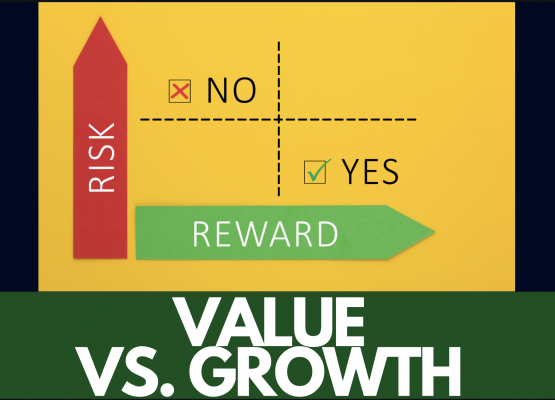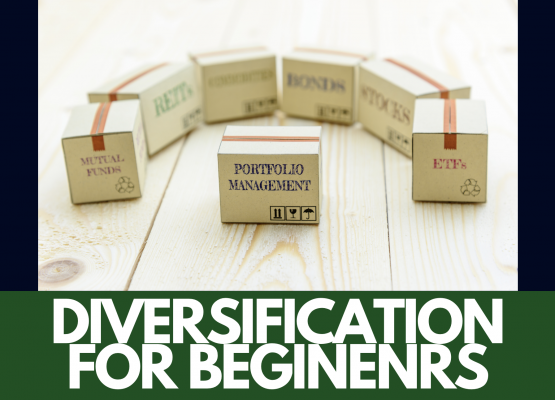
Investing in Emerging Markets for Beginners: Exploring the Opportunities and Risks
Emerging markets, also known as emerging economies or developing countries, refer to countries that are in the process of rapid industrialization, economic growth, and infrastructure development. These countries typically have lower per capita income levels, and their economies are undergoing significant transformation. Generally, emerging markets encompass countries that exhibit the following characteristics: Investing in Emerging […]

8 Things to Remember When Performing Fundamental Analysis on Individual Stocks
Understanding how to analyze is essential, specifically if you are planning to invest in individual stocks. While there are various approaches, fundamental analysis stands out as the primary method of evaluating the financial health and value of a company. By examining a company’s financial statements, industry dynamics, and competitive position, you can assess the quality […]

Exploring Different Investment Strategies: Value vs. Growth
When it comes to investing, choosing the right strategy is something that you will need to decide, based upon your investing goals and objectives. Two popular investment strategies, value and growth investing, offer different ways on how you can potentially make returns in the market. Understanding the characteristics and differences between these two strategies can […]

The Psychology of Investing: How Emotions Impact Decision-Making
Investing is often perceived as a rational and objective endeavor. However, the reality is that emotions play a significant role in shaping our investment decisions. Understanding the psychology behind investing is important, as it can help you to make informed choices and effectively manage your portfolio. Today, we dive into the fascinating world of the […]

Index Funds vs. Actively Managed Funds: Choosing the Right Investment Strategy
Investing in the stock market offers various avenues for wealth accumulation, with index funds and actively managed funds being two popular options. Each approach has its unique characteristics, benefits, and considerations. In this article, we will delve into the differences between index funds and actively managed funds to help you make an informed decision on […]

Building a Diversified Investment Portfolio for Beginners: How to Optimize Returns and Manage Risk
Building a successful investment portfolio requires careful planning and consideration. One essential strategy is diversification, which involves spreading investments across different asset classes, industries, and regions. This approach helps manage risk and optimize potential returns. In this article, we will explore the importance of diversification, the role of asset allocation, and provide examples of various […]

25 Dividend Stocks that Have Increased their Dividend Payout for 25 Years Straight
Some companies, also known as Dividend Aristocrats, have a history of consistently paying out and raising their dividends every single year for 25 years or more. For example, if a company 25 years ago was paying a dividend of $1 per share, that means each year they have increased that dividend, rather it be a […]

5 Low Cost Index Funds to Consider for Passive Investing
Index funds are a way to build exposure to the broad market for a low cost. They provide instant diversification and the ability to invest in a wide variety of assets within a single investment product. When it comes to index funds, however, not all of them are created equal. Some index funds will track […]

Index Funds for Beginners: How to Invest in Index Funds
Index funds are a type of investment fund that tracks a specific market index, such as the S&P 500 or the NASDAQ. Instead of attempting to pick individual stocks to outperform the market, index funds seek to replicate the performance of a particular index, by holding all the securities that make up the index, in […]

